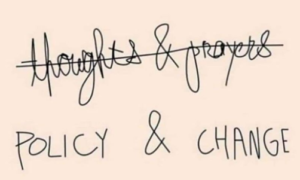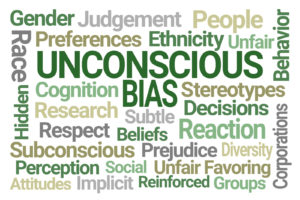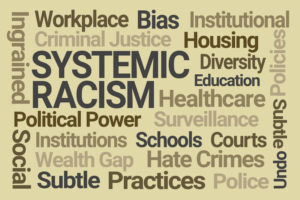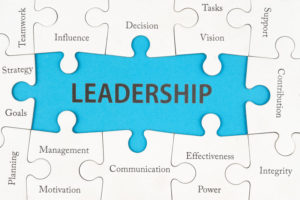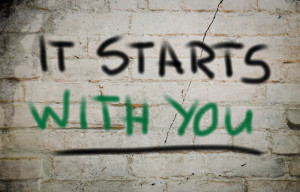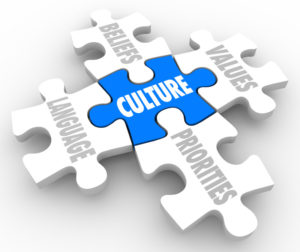“The decision whether or not to bear a child is central to a woman’s life, to her wellbeing and dignity. It’s a decision she must make for herself”. Ruth Bader Ginsburg
I was both angry and sad last Friday when the Supreme Court ruling was announced. There is no question that we are going backwards. My granddaughters will have less rights than me.
How did we get here? The Supreme Court ruling overturning Roe v Wade should come as no surprise. I’m not just talking about the leaked opinion in May. I’m talking about the state level restrictions that have been enacted over the past decade leading to Friday’s ruling.
A piece in the New York Times on June 25, “How Did Roe Fall? Before a Decisive Ruling, a Powerful Red Wave”, by Kate Zernike laid it out clearly starting back with the 2010 elections. The fact that 1380 state level restrictions were enacted in the 50 years since Roe v Wade was decided and that 46% of them were since 2011 tells the story. It is a long article but worth reading.
Aside from understanding the recent history covered in this article, the takeaway is clear – your vote matters. It matters at every level from local elections to the national election for president. While more Americans voted in 2020 than in any other presidential election in 120 years, 80 million people didn’t vote. Local candidates and state legislators win elections oftentimes with only a small percentage of voters bothering to vote.
The health equity issues of this ruling are significant. The ruling puts the health and safety of women at risk with a disproportionate impact on women of color and the financially disadvantaged. Many leaders have recognized this in their statements of support for reproductive rights and the actions they are taking to provide services. Continue reading

